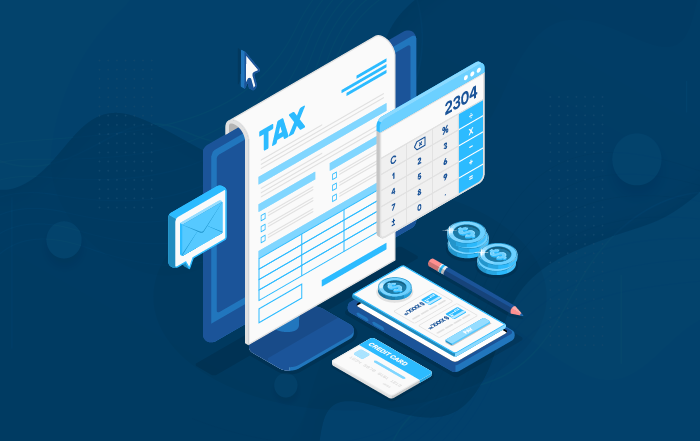Strategies for Empowering Customers Through Tickets
Providing subscribers with various service ticketing options not only streamlines issue resolution but also cultivates a more positive and...

The telecommunications industry has undergone a significant transformation in recent years with the rapid adoption of digital services. From wireless internet to fiber-optic connections, the shift to digital has revolutionized how we communicate and access information. However, this evolution has not only brought about technological advancements but has also posed unique challenges when it comes to telecom tax compliance.
As the telecommunications landscape continues to embrace digital services, ensuring tax compliance becomes more crucial than ever. Governments around the world heavily rely on telecom taxes to fund essential infrastructure projects and public services. However, with the emergence of new services and equipment in the digital realm, accurately identifying taxable transactions has become increasingly complex. Service providers must navigate through a maze of regulations and tax laws to stay compliant. In this blog, we will explore identifying taxable services and equipment in the digital age. Moreover, we will provide best practices and practical tips to help telecom businesses navigate the intricacies of tax compliance and maintain a strong financial footing in this ever-evolving industry.
In the digital age, the shift to digital services has brought about significant changes to telecom tax compliance. These taxes serve multiple purposes, including funding universal service programs, supporting infrastructure development, and ensuring fair competition.
Traditionally, tax compliance in the telecom industry has presented its fair share of challenges. Determining the taxability of specific services and equipment has often been a complex task due to the evolving nature of technology and the intricate regulatory frameworks. However, the advent of digital services has introduced a new set of emerging challenges. Identifying taxable services and equipment in the digital realm has become increasingly intricate as new technologies and platforms emerge. Ensuring compliance in this dynamic landscape requires a proactive approach!
The rapid growth of digital services has brought about a significant impact on telecom tax compliance. With the increasing prevalence of digital platforms, the tax implications associated with these services have become a key concern. Digital services, such as Voice over Internet Protocol (VoIP), video streaming, and cloud-based communication tools, fall within the purview of telecom taxation, presenting new challenges for compliance.
In addition to digital services, identifying taxable equipment in the digital realm poses its own set of challenges. In the past, telecom tax compliance primarily focused on physical equipment, such as telephone lines and switches. However, with the advent of digital technology, the lines between hardware and software have become blurred. Virtualized equipment, software-defined networks, and cloud-based infrastructure have made it challenging to determine the taxability of equipment. Businesses need to assess whether these digital assets are subject to telecom tax, and again, seeking expert advice can be invaluable in navigating this complexity.
Telecom tax compliance in the digital age is of paramount importance for businesses operating in the telecommunications industry. The shift to digital services has brought about new challenges in identifying taxable services and equipment in the digital realm. However, by implementing best practices for ensuring compliance, businesses can navigate these challenges successfully. By prioritizing compliance and implementing these best practices, businesses can navigate the complexities of telecom tax compliance in the digital age and foster a solid foundation for continued success in the evolving telecommunications landscape.

Providing subscribers with various service ticketing options not only streamlines issue resolution but also cultivates a more positive and...

As technology advances every day, the digital world becomes more competitive. There are many different tactics used to stay ahead of your current...

3 min read
Cybercrime has vastly changed in the last 20 years, and the way we protect ourselves has had to change too. These days, hackers are using...